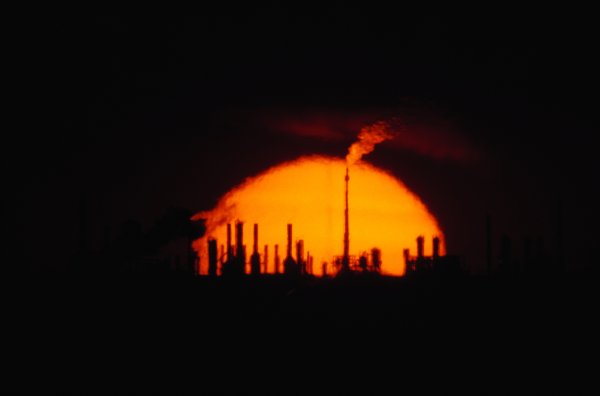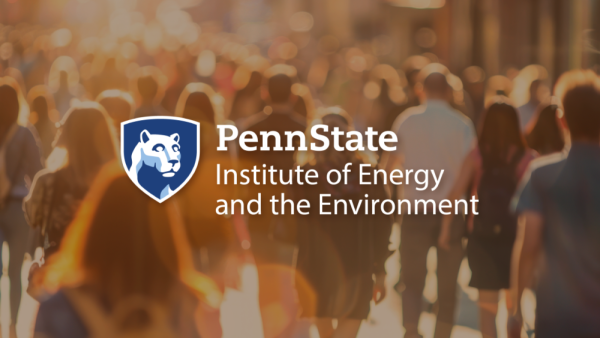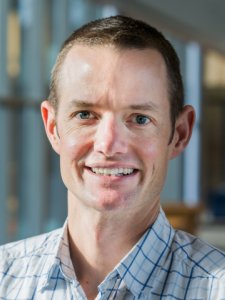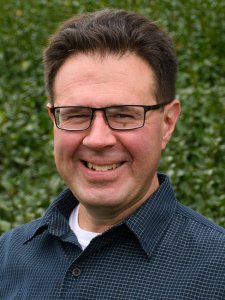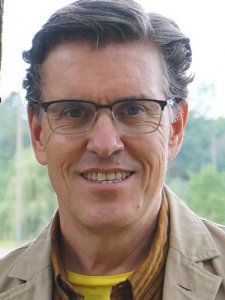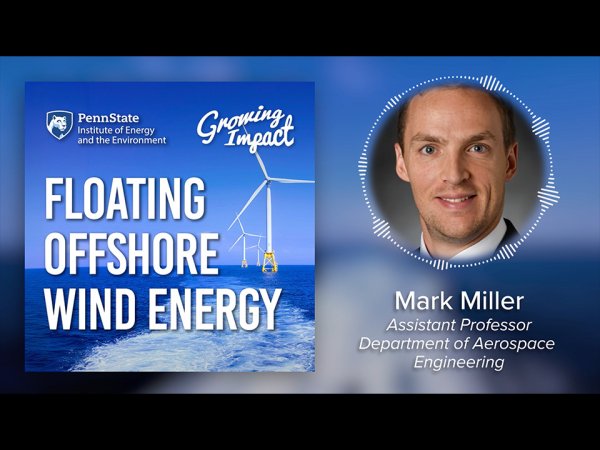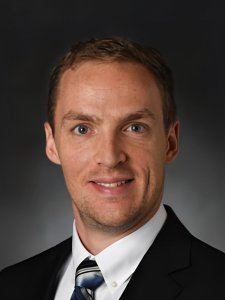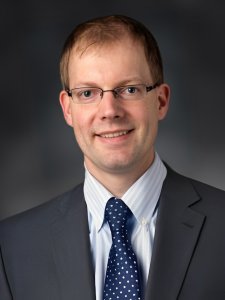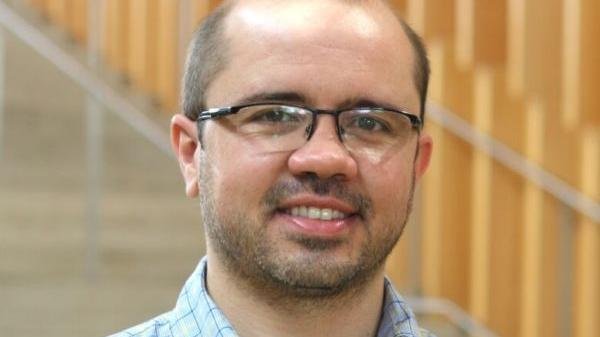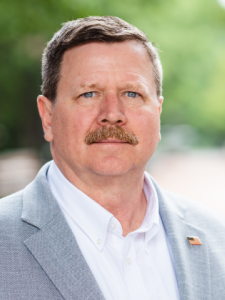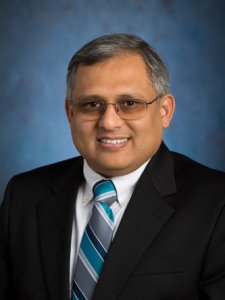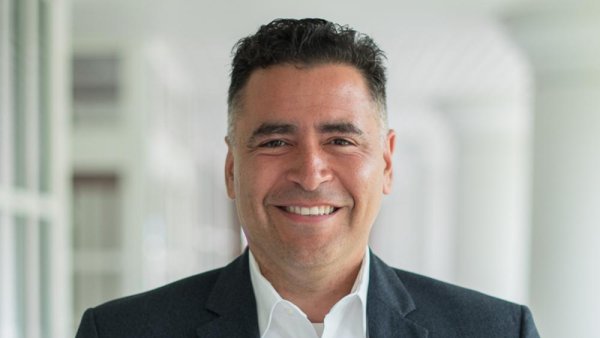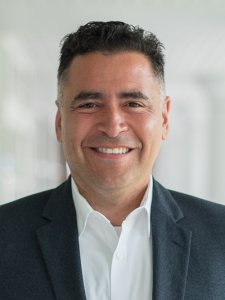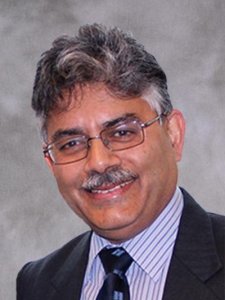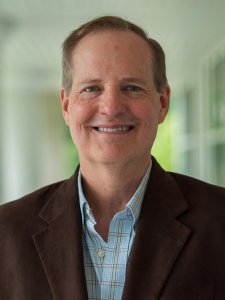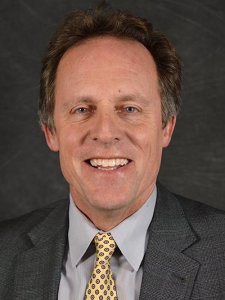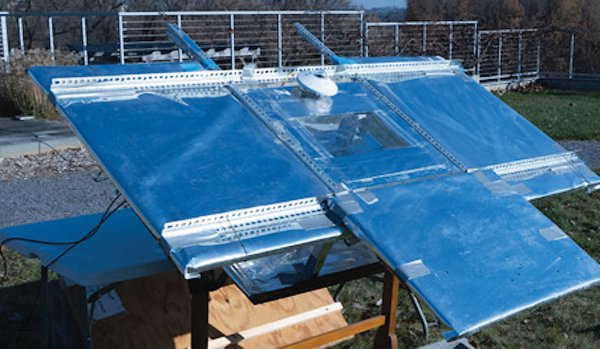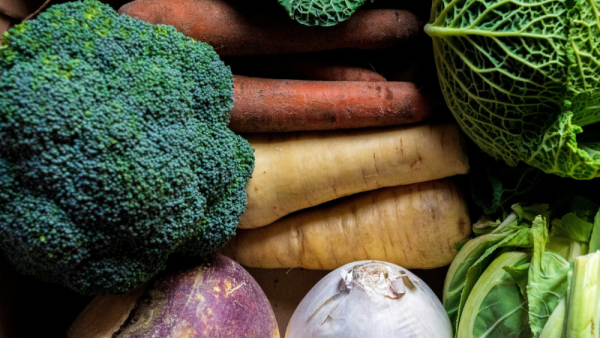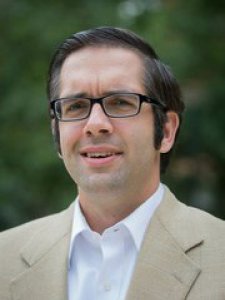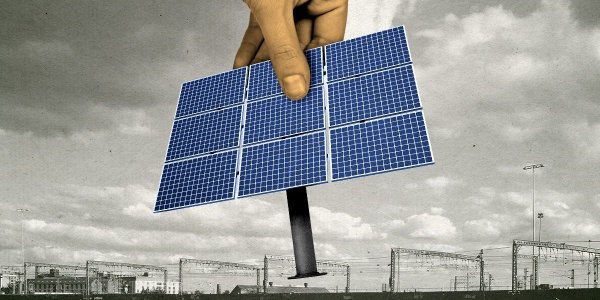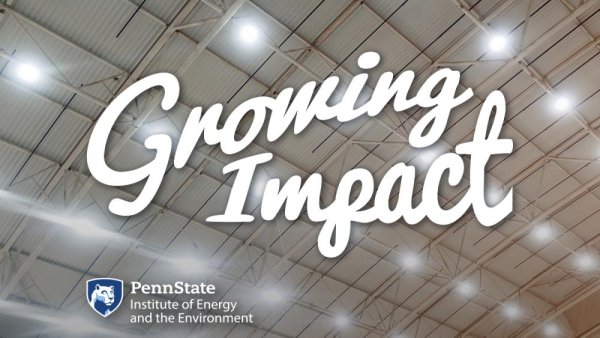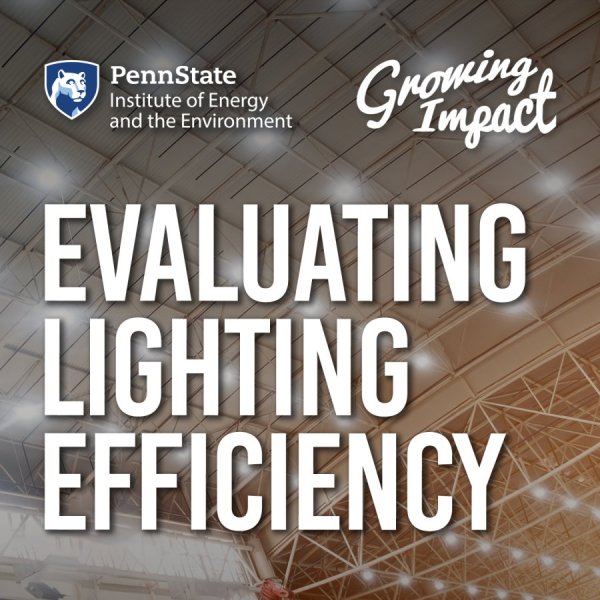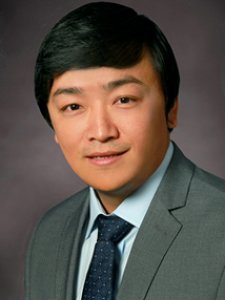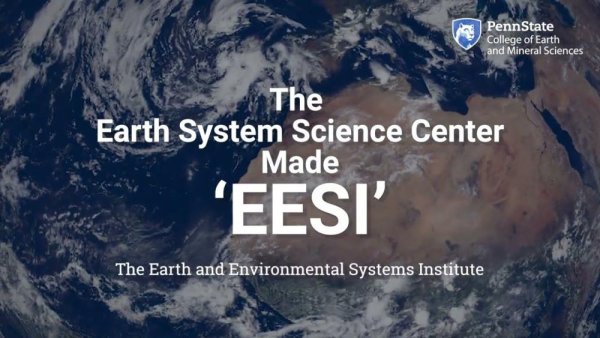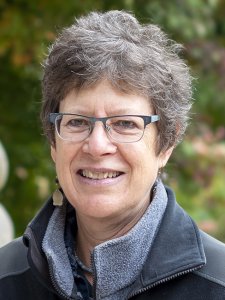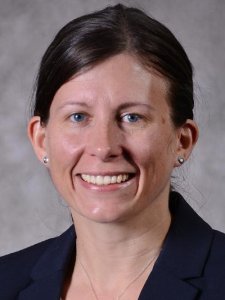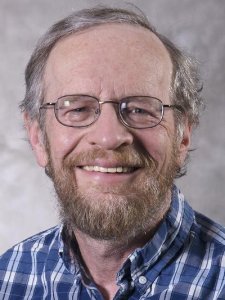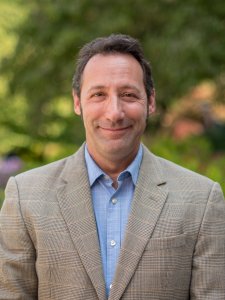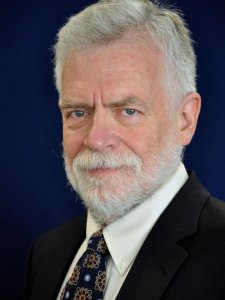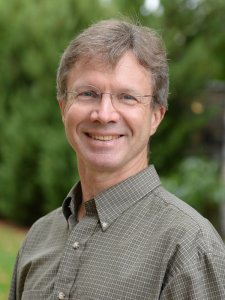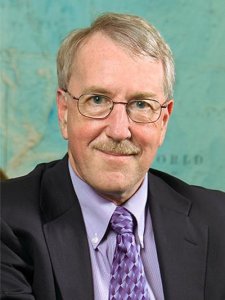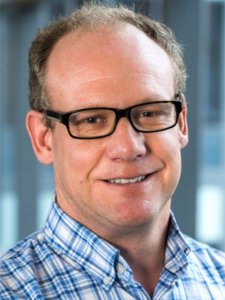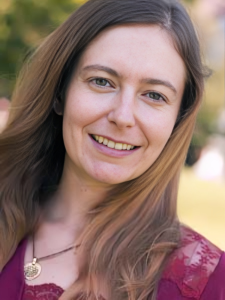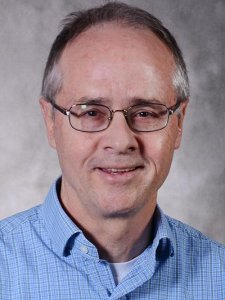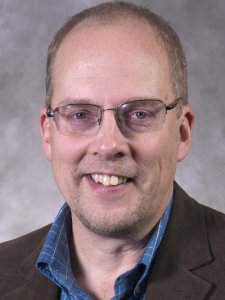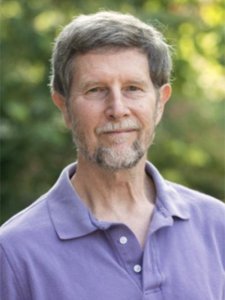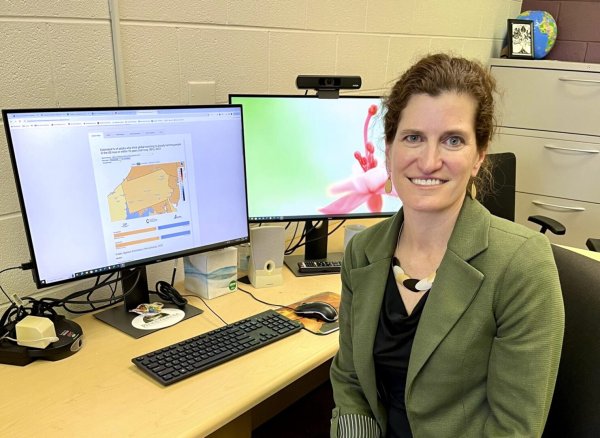After a long slog, climate change lawsuits will finally put Big Oil on trial
| dailymontanan.com
After the United States Supreme Court decided that most of the challenges against big oil and gas belonged in state court, those cases could reshape the conversation of climate change in America. This article quotes Hannah Wiseman, professor of law at Penn State Law.
Mentions
Emerging research areas refocus Institute of Energy and the Environment themes
| psu.edu
The Institute of Energy and the Environment has revamped its research themes to better align them with the energy and environmental research being done at Penn State and to recognize the importance of community and justice.
Mentions
-
Bruce Logan
-
Charles Anderson
-
Gregory Jenkins
-
Rebecca Bascom
-
Michael Janik
Associate Director & Thematic Area Lead, Integrated Energy Systems, Institute of Energy and the Environment -
Christopher Scott
Associate Director & Thematic Area Lead, Water Sustainability, Institute of Energy and the Environment
Growing Impact: Floating offshore wind energy (Preview)
| youtube.com
Episode release date: August 1, 2024. Wind power has come a long way from its humble beginnings as water pumps and windmills. Today, it's a major contributor to our electricity generation. While onshore wind farms are well-established, the U.S. has yet to tap into the full potential of offshore wind. With advancements like floating turbines and improved blade designs, wind energy is poised for another significant leap forward.
Mentions
Seed Grant Projects
Animal Diagnostic Lab names new head of virology, molecular diagnostics sections
| psu.edu
Mathias Martins has been named head of the virology and molecular diagnostics sections in Penn State's Animal Diagnostic Laboratory, effective July 15. Martins will join Penn State from the Texas A&M Veterinary Medical Diagnostic Laboratory in College Station, Texas.
Mentions
Luis F. Ayala appointed head of Department of Energy and Mineral Engineering
| psu.edu
Luis F. Ayala, professor of petroleum and natural gas engineering and holder of the William A. Fustos Family Professorship in Energy and Mineral Engineering at Penn State, assumed the head of the John and Willie Leone Family Department of Energy and Mineral Engineering, effective July 1.
Mentions
-
Luis Ayala
William A. Fustos Family Professor, John and Willie Leone Department of Energy & Mineral Engineering (EME) -
Sanjay Srinivasan
Department Head and Professor, John and Willie Leone Department of Energy & Mineral Engineering (EME) -
Russell T. Johns
Professor and FCMG Chair in Fluid Behavior and Rock Interactions, John and Willie Leone Department of Energy & Mineral Engineering (EME) -
Lee Kump
Researchers unveil innovative technology that outperforms conventional solar panels using both sun and 'cold universe' energy: 'A key renewable energy technology'
| thecooldown.com
Researchers at Penn State developed a method of using both solar energy and the incredibly cold temperatures of outer space to create both renewable energy and cooling capacity. This article quotes Linxiao Zhu, assistant professor of mechanical engineering.
Mentions
Seed Grant Projects
American diets got briefly healthier, more diverse during COVID-19 pandemic
| psu.edu
American diets may have gotten healthier and more diverse in the months following the start of the COVID-19 pandemic, according to a new study led by Penn State researchers. They published their findings in PLOS ONE.
Mentions
Build clean energy on dirty land, these researchers say
| heatmap.news
How can we make better use of the areas environmental destruction has left behind? This article cites the research of Hannah Wiseman, professor of law and Wilson Faculty Fellow in the College of Earth and Mineral Sciences.
Mentions
'Growing Impact' examines light source efficiency, accuracy
| psu.edu
The latest episode of the Growing Impact podcast discusses lighting system design and evaluation and if the current approach to quantifying light source efficiency is accurate.
Mentions
Growing Impact: Evaluating lighting efficiency
Lacking a standard unit for light measurement, scientists devised a spectral sensitivity curve in the early 20th century. This graph, representing an "average human observer," mathematically quantifies light. Though imperfect, it remains the standard today, but an update could significantly improve the energy efficiency of lighting.
Mentions
WPSU to feature film detailing Earth system approach to Penn State research
| psu.edu
The documentary film, “ESSC made EESI,” will premiere on WPSU Thursday, July 4, at 5:30 p.m. in place of “Weather World.” The documentary details the history of Penn State’s Earth and Environmental Systems Institute (EESI), which began in 1986 as the Earth System Science Center (ESSC).
Mentions
-
Eric Barron
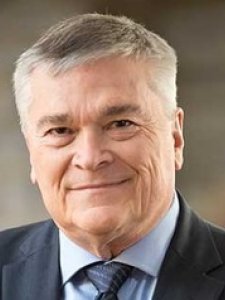 Eric BarronFormer President, Penn State
Eric BarronFormer President, Penn State -
Susan Brantley
-
Alan Taylor
-
Erica Smithwick
-
Jennifer Baka
Associate Professor and John T. Ryan, Jr. Faculty Fellow, College of Earth & Mineral Sciences -
Richard Alley
-
Seth Blumsack
-
Robert Crane
-
Kenneth Davis
-
William Easterling III
-
Bernd J. Haupt
-
Christopher House
-
Sarah Ivory
-
James Kasting
-
Lee Kump
-
Douglas A. Miller
-
David Pollard
Erica Smithwick: Climate change in context
| statecollege.com
Changing how society views global warming can be more about conversations with friends and neighbors than warnings from experts. This article features an interview with Erica Smithwick, distinguished professor of geography.
Mentions

